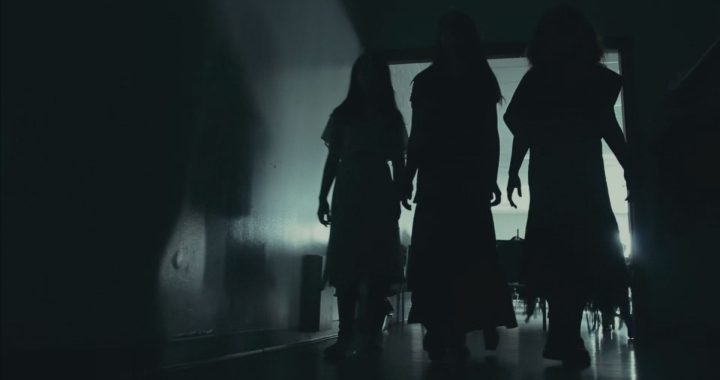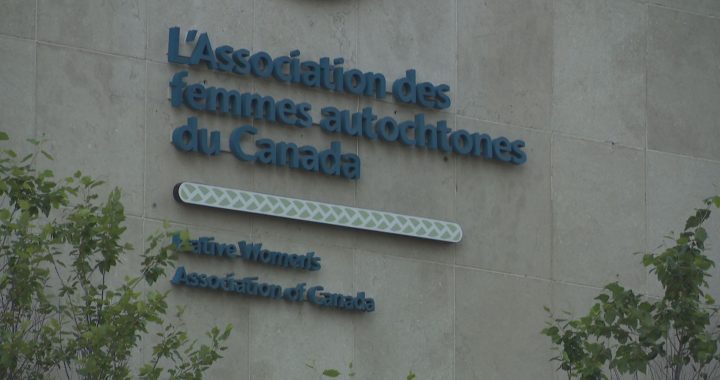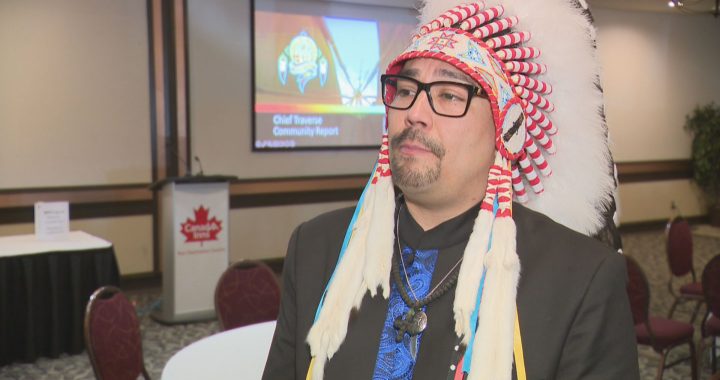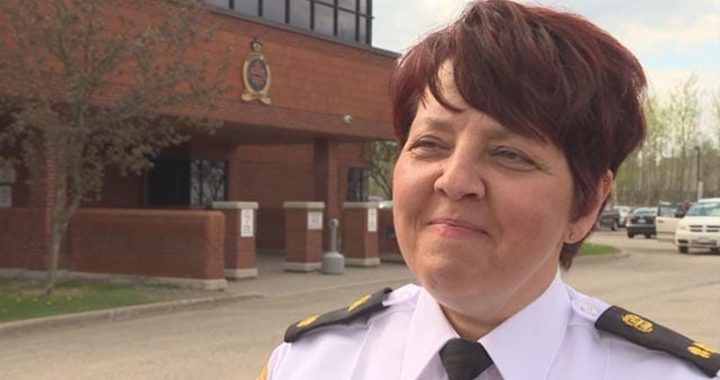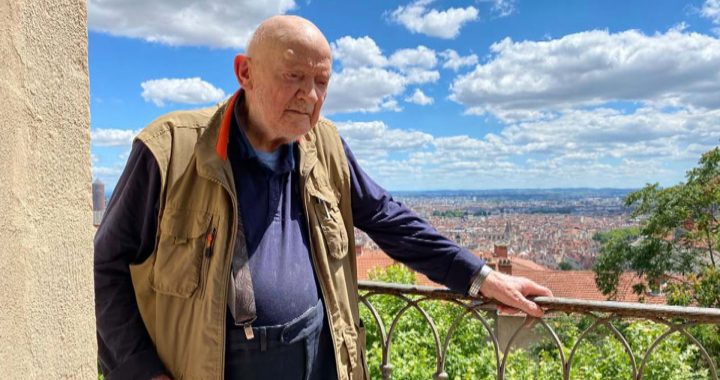When James Harry walks through the alleys of Vancouver’s Downtown Eastside where drug use is rampant, he doesn’t see hopelessness but rather potential and a chance to heal people who are suffering.
“I know how they are hurting, I know why they are hurting,” said Harry. “A lot of these people down here are running they are running from the traumas they are running from the hurt and that what we are trying to stop.”
The Downtown Eastside has a reputation as a neighbourhood where addiction and poverty is a common sight – but Harry is on a personal mission to help make a change for people who live there.
Harry is an outreach worker who is employed by his community, the Haisla Nation.
He has an office at the friendship centre and works with a team that help Indigenous people to find housing and heal from addictions and abuse.
Harry said his main focus is to help other Haisla Nation members get into detox, a healing centre and then eventually return home to get reconnected to their families and culture.
Edwin Pfoh is one of those success stories.
He said he spent more than 30 years drinking anything with alcohol in it until one day three years ago he met Harry.
“It changed my life when he asked me if I wanted to get clean and sober,” says Pfoh. “That was the first attempt then I relapsed that I went back to Kitimat and now where I’m at now.
“James has played a big role he saved my life actually!
The initiative was started three years ago by Haisla band councillor Kevin Stewart when his own family member was lost on the streets of Vancouver to addictions.
“We want our people to come back home get connected with their culture because that’s what our people did in the past that’s what made us well and made us understand that we need each other,” said Stewart.
“To move forward in our cultural ways with the connection to our land which is important to all our nations.”
Harry said he knows the reality of addictions all too well.
He said he spent a few years down on the eastside himself – addicted and hurting from the trauma of being an inter-generational residential school survivor.
Harry said those were dark days – but one day had an epiphany that he deserved better.
“It’s a beautiful thing when you see somebody find that spark, find that life they they’ve lost, it’s amazing,” he said. “And that’s my basically my mission I want people to fell how I feel today.”
Other nations in B.C. are now emulating the success of the program and hiring their own outreach workers to help their members.




